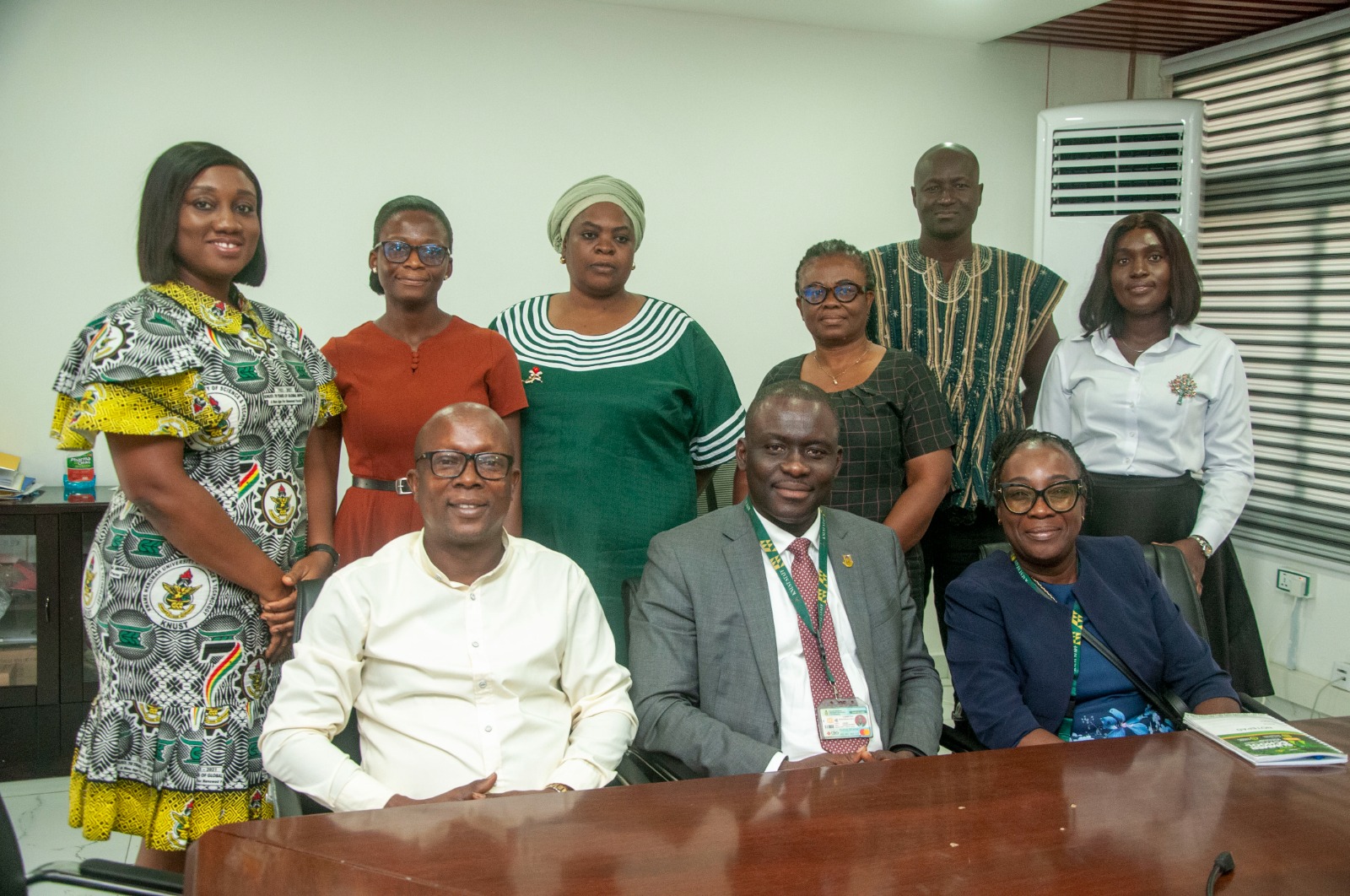The University Library System of the Kwame Nkrumah University of Science and Technology (KNUST) has outlined bold plans to modernise its operations and strengthen support for teaching, learning and research in the digital era, following a stakeholder engagement organised in collaboration with the Ghana Association of University Administrators (GAUA), KNUST Chapter.
The engagement, themed “The Role of the Academic Library in a Modern University,” examined evolving expectations of university libraries and how KNUST can improve visibility, efficiency and service delivery in a fast-changing higher education landscape.
Addressing participants, the University Librarian, Dr. Richard Bruce Lamptey, said the KNUST Library System remains central to the university’s ambition of becoming a globally recognised centre of excellence in science and technology for development.
“Knowledge infrastructure supporting learning, teaching, research and dissemination now depends on a hybrid ecosystem: physical, digital and virtual. The KNUST Library System is one of the largest academic library networks in Ghana,” he noted.
Dr. Lamptey highlighted key services provided by the Library, including e-resources (e-books and journals), institutional repository services, research support, copyright advisory, digital learning tools and a vast physical book collection.
He however acknowledged persistent challenges limiting the Library’s full digital transformation. These include limited use of AI and analytics, low mobile integration, underdeveloped virtual support systems, unstable digital platforms, inadequate disability inclusion, staffing gaps, weak succession planning, limited professional development opportunities and restricted financial support.
Reaffirming the Library’s long-term strategy, Dr. Lamptey said the vision is to position the KNUST Library System as a world-class, digitally empowered knowledge centre of eminence. Achieving this, he stated, will require modernising physical and ICT infrastructure, upgrading human resource capacity and improving administrative efficiency.
GAUA representatives expressed appreciation for the crucial role of the Library in academic productivity and pledged continuous collaboration to support the Library’s development agenda.

















